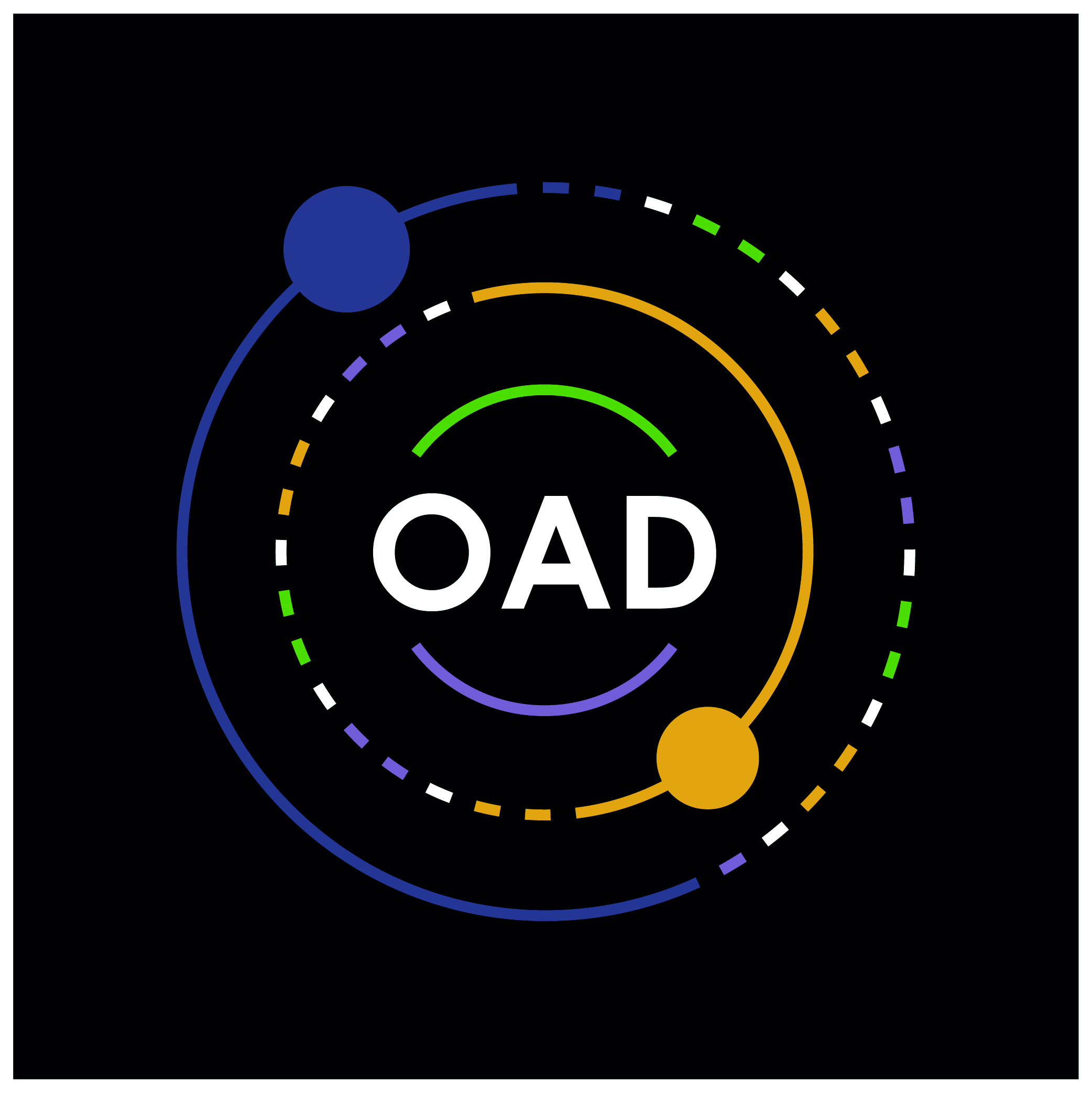Our latest Astro4Dev Full Moon Mashup brought together a vibrant group of people to explore an important question: How can astronomy contribute to global policy discussions, particularly in the context of the G20?
Astronomy and the G20: Why It Matters
Charles, Deputy Director of the IAU Office of Astronomy for Development (OAD), opened the session with a reminder of what’s at stake. The G20, which brings together 19 countries plus the European Union and African Union, represents 85% of global GDP and two-thirds of the world’s population. With South Africa holding the current presidency under the theme of “Solidarity, Equality and Sustainability”, and the African Union taking on a new role in the G20, this is a critical moment for science to shape discussions around global priorities.
The OAD’s flagship projects, covering skills development, socioeconomic empowerment, and mental health through astronomy, offer a unique lens for tackling sustainability challenges. But the conversation went deeper, touching on the role of science itself in influencing global policy.
Bridging Science and Policy
Participants reflected on the gap between science and decision-making. While climate change and space exploration are often central to policy debates, they’re not always guided by scientific evidence. This sparked a lively discussion about the dual responsibility:
-
Policymakers need to be science-literate.
-
Scientists need to be impact-literate, able to translate research into real-world relevance for policy.
Insights from Europe, shared by Genevieve, highlighted the power of advocacy and communication, while others stressed the need for policy consistency and stronger international networks to amplify science at high-level forums.
The question: If you could If you could influence one G20 priority, what would it be?, resulted into very interesting responses that led to the discussion of whether of not science currently has enough influence at global policy tables. Some of the responses to the question are highlighted below:
Combating scientific disinformation and misinformation through science and astronomy; addressing climate change; promoting equitable digital public infrastructure across member and non-member states; tackling poverty and improving education; and increasing budgets for science, space exploration, and climate initiatives.
Voices from the Global South
The session also shone a light on the challenges faced by scientists in countries like Argentina, where institutions are under threat, salaries are insufficient, and young talent is losing hope. Beatriz emphasised the importance of solidarity from the international scientific community, especially for researchers in regions like Latin America and beyond.
Similarly, the discussion touched on Palestine and other areas where scientists face systemic barriers, urging a collective effort to defend scientific rights and promote inclusive collaboration.
Innovating for Sustainable Funding
Funding emerged as another key theme. How can science remain sustainable amid shifting political priorities? Participants explored ideas like commercial models inspired by the space industry, as well as regional collaborations such as the BRICS Astronomy Working Group, which has demonstrated success in advancing scientific goals despite geopolitical complexities.
Towards a Science Voice for the G20
The conversation culminated in a powerful question: What message could we, as a science community, send to G20 leaders?
Participants agreed on the need to advocate for science as a priority in global leadership spaces, counterbalancing trends like increasing defense spending. Astronomy—universal, inspiring, and inherently collaborative—was highlighted as a neutral ground for dialogue and action.
The discussion ended with a commitment to keep the momentum alive. We’ll continue this conversation on Discord, and the next Full Moon Mashup will dive into astronomy skills beyond research.
Why This Matters
Astronomy is more than stargazing, it’s a powerful tool for building capacity, fostering peace, and shaping sustainable futures. As the G20 looks toward solutions for the planet’s biggest challenges, the science community must step up, speak out, and show how knowledge of the cosmos can guide policy on Earth.
Want to join the next conversation? Stay connected with the Astro4Dev community and help us shape the future of science leadership.
If you missed this discussion, you can watch it in the YouTube recording below. Catch up on our previous mashups here.



